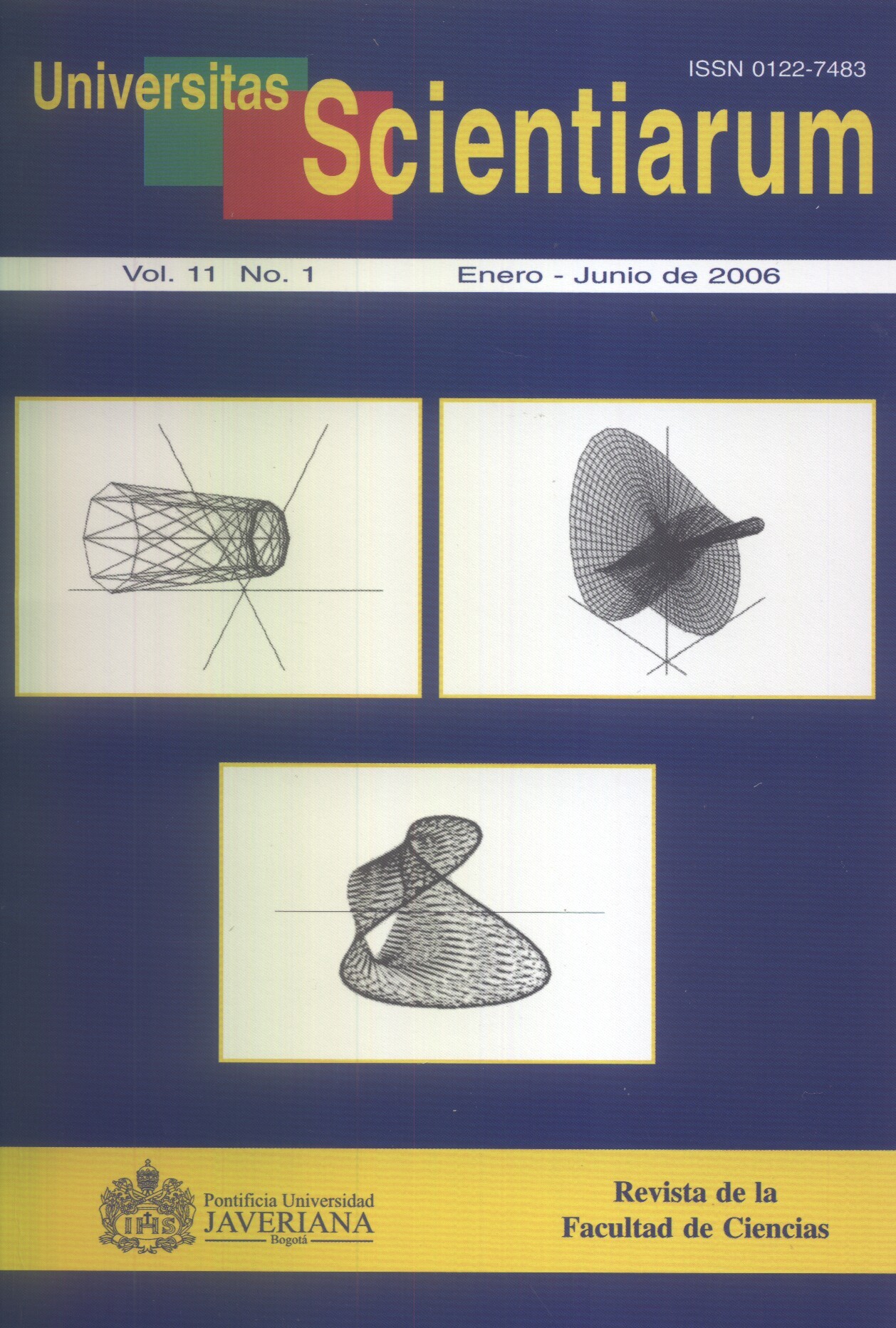Abstract
Human gastro-enteritis caused by Salmonella enterica is a major health problem in developing countrie ssuch as Colombia. In some parts of Colombia, the disease is endemic, and its incidence appears to beincreasing, with outbreaks and sporadic cases of diarrhea becoming more frequent. At this time, it is notvery clear if either poultry or food is responsible for human salmonellosis contamination in Colombia. The objectives of the present study were to analyze the Pulsed-field gel electrophoresis profiles (PFGEPs) of Salmonella enterica from human patients, poultry and food found in Colombia and to determine the epidemiologic associations between these strains. Twenty-nine isolates of Salmonella enterica subsp. enterica were isolated from: 10 pediatric patients in Bogotá, D.C., 10 different types of food and 9 chickens. All isolates were analyzed by means of the molecular technique XbaI PFGE. Eleven differen tpatterns were observed. These patterns consisted of 12-17 restriction fragments, each with a molecula rsize of 30-800 kb. The results suggested that Salmonella enterica was transmitted from poultry and food to humans. Surprisingly, among the strains investigated it was impossible to find a direct linkage between poultry and food, indicating, either that Salmonella was incorporated into the food during food processingby handlers, or that foods other than poultry products were the source of human infection. This study about the molecular epidemiology of Salmonella enterica in Colombia provided new information about possible means of human contamination, and should permit health institutions to take adequate measures to avoid sporadic cases and outbreaks of salmonellosis.Univ. Sci. is registered under a Creative Commons Attribution 4.0 International Public License. Thus, this work may be reproduced, distributed, and publicly shared in digital format, as long as the names of the authors and Pontificia Universidad Javeriana are acknowledged. Others are allowed to quote, adapt, transform, auto-archive, republish, and create based on this material, for any purpose (even commercial ones), provided the authorship is duly acknowledged, a link to the original work is provided, and it is specified if changes have been made. Pontificia Universidad Javeriana does not hold the rights of published works and the authors are solely responsible for the contents of their works; they keep the moral, intellectual, privacy, and publicity rights. Approving the intervention of the work (review, copy-editing, translation, layout) and the following outreach, are granted through an use license and not through an assignment of rights. This means the journal and Pontificia Universidad Javeriana cannot be held responsible for any ethical malpractice by the authors. As a consequence of the protection granted by the use license, the journal is not required to publish recantations or modify information already published, unless the errata stems from the editorial management process. Publishing contents in this journal does not generate royalties for contributors.



